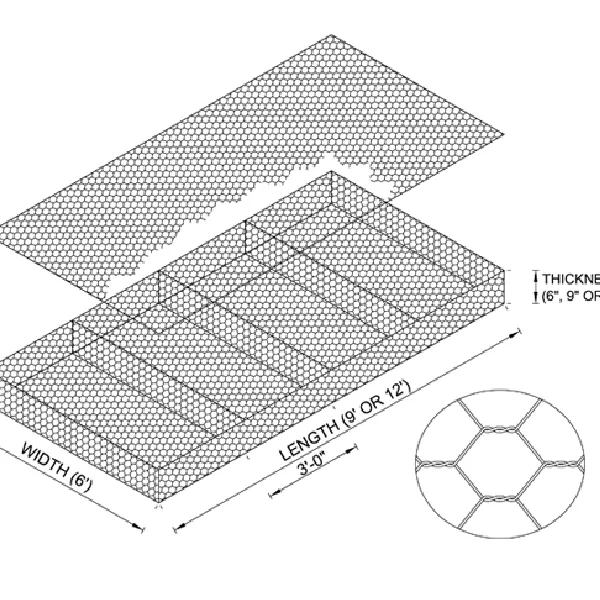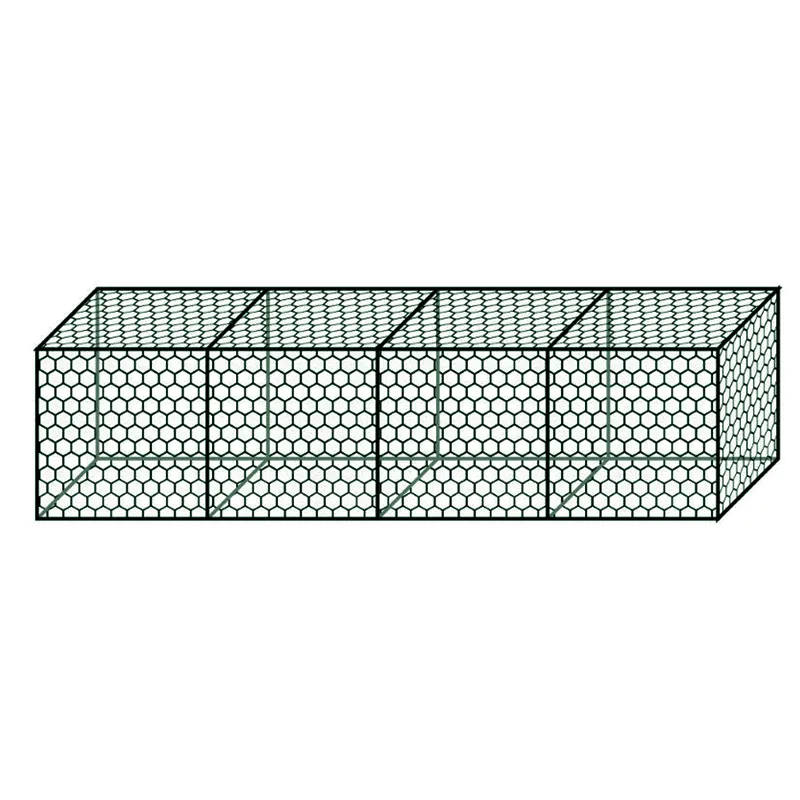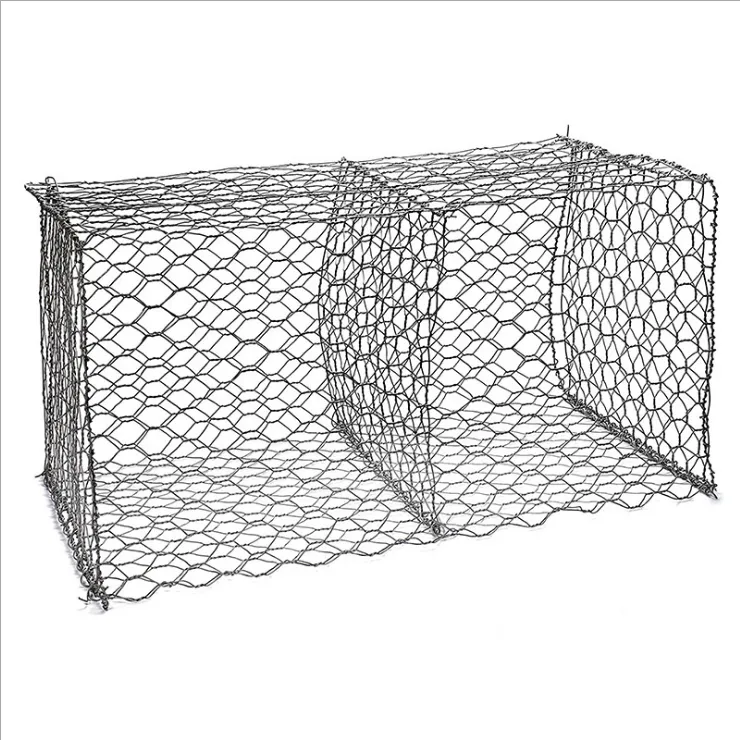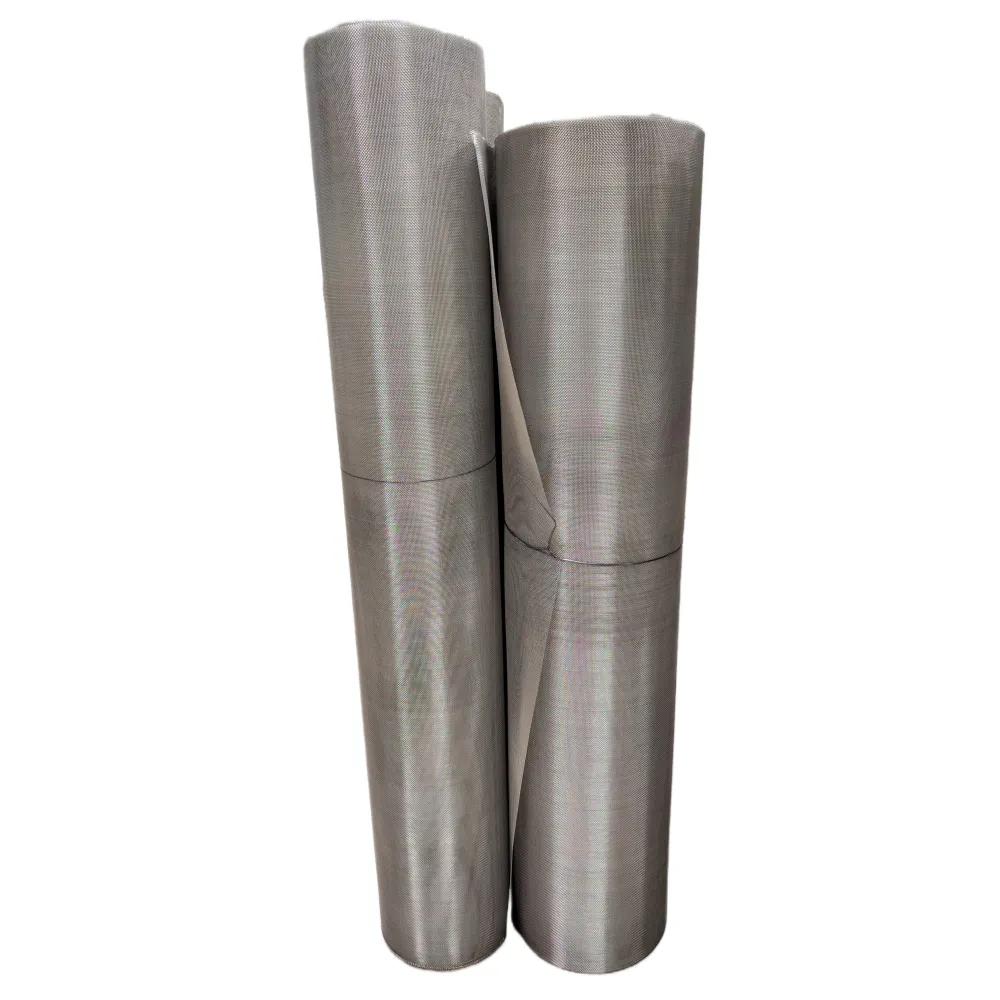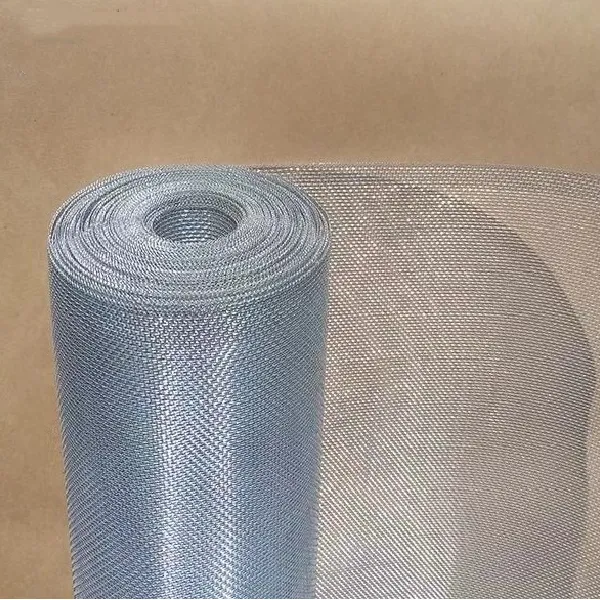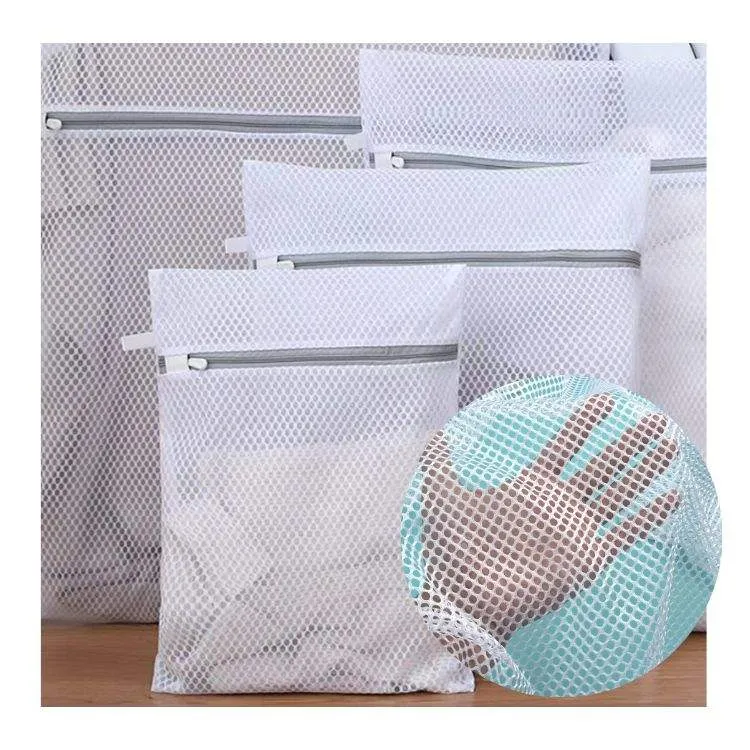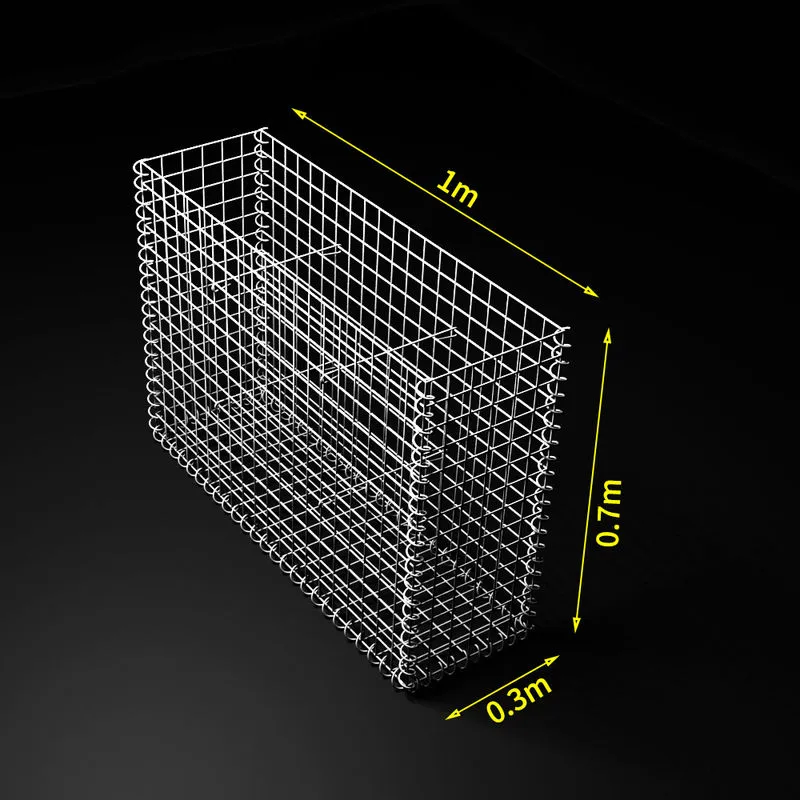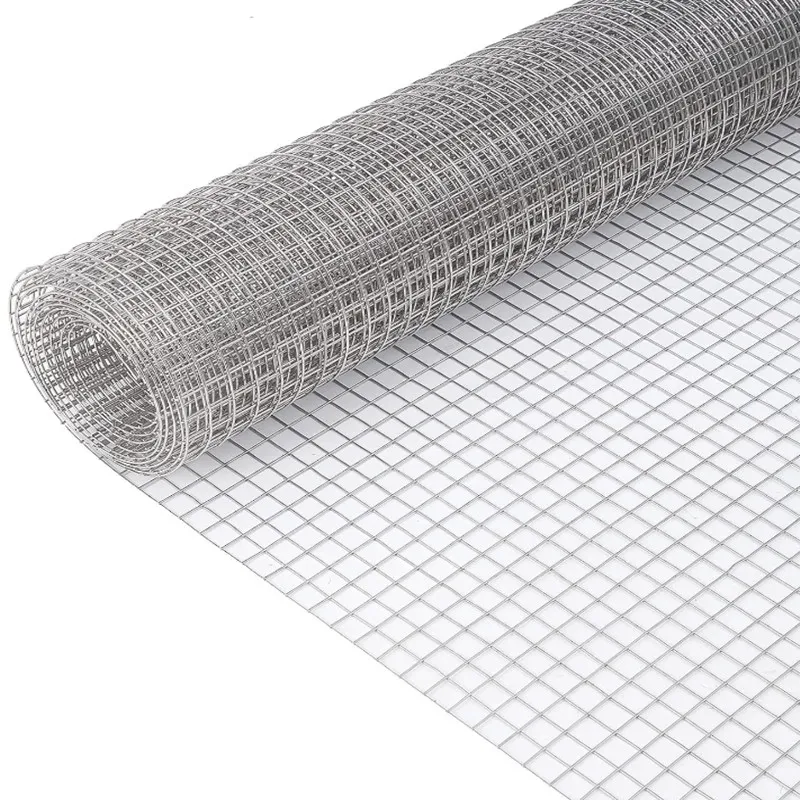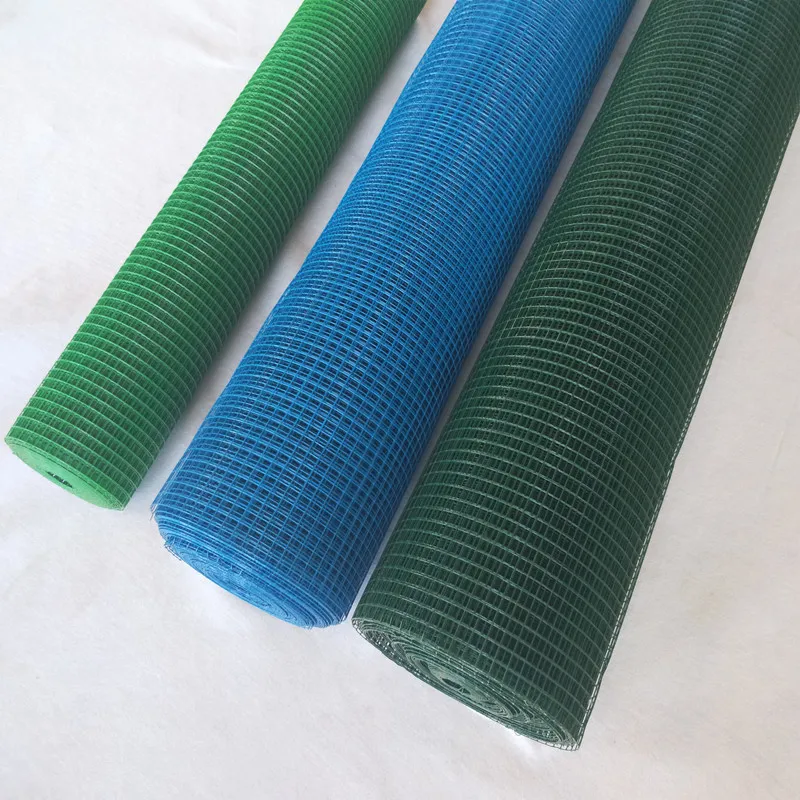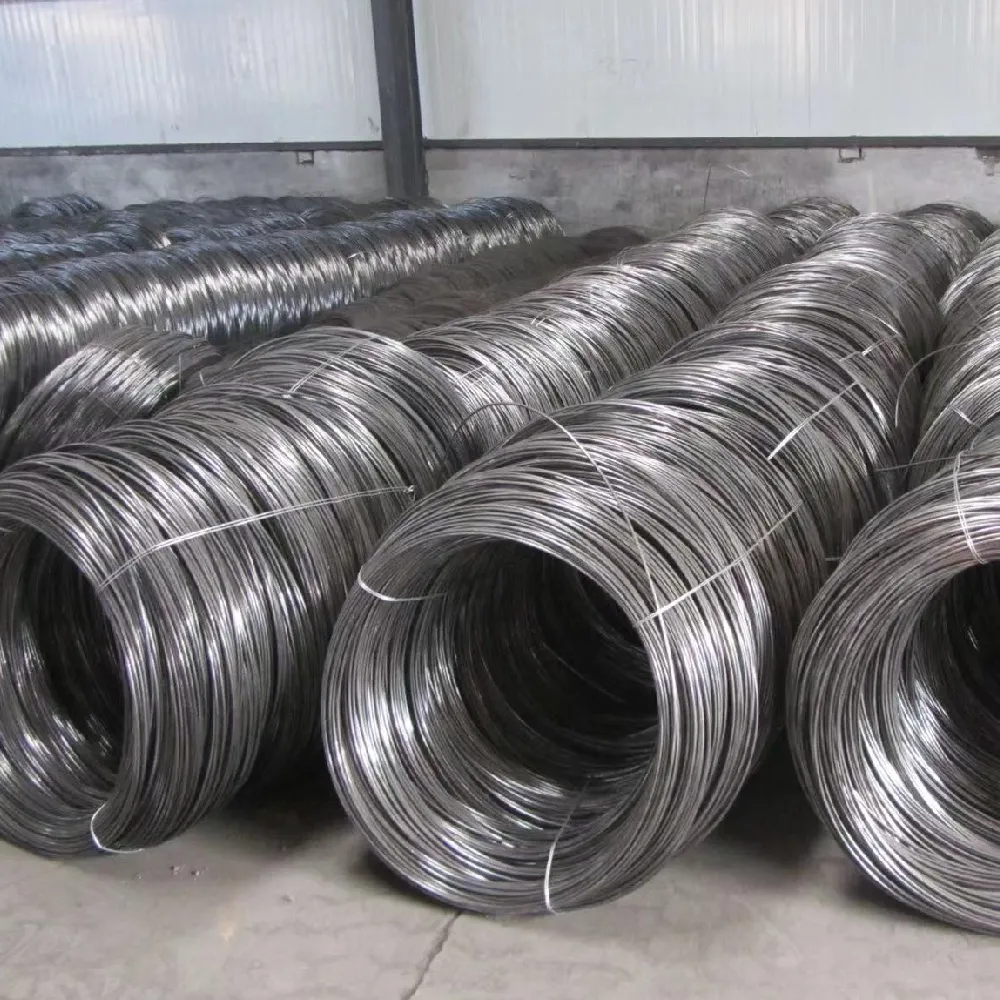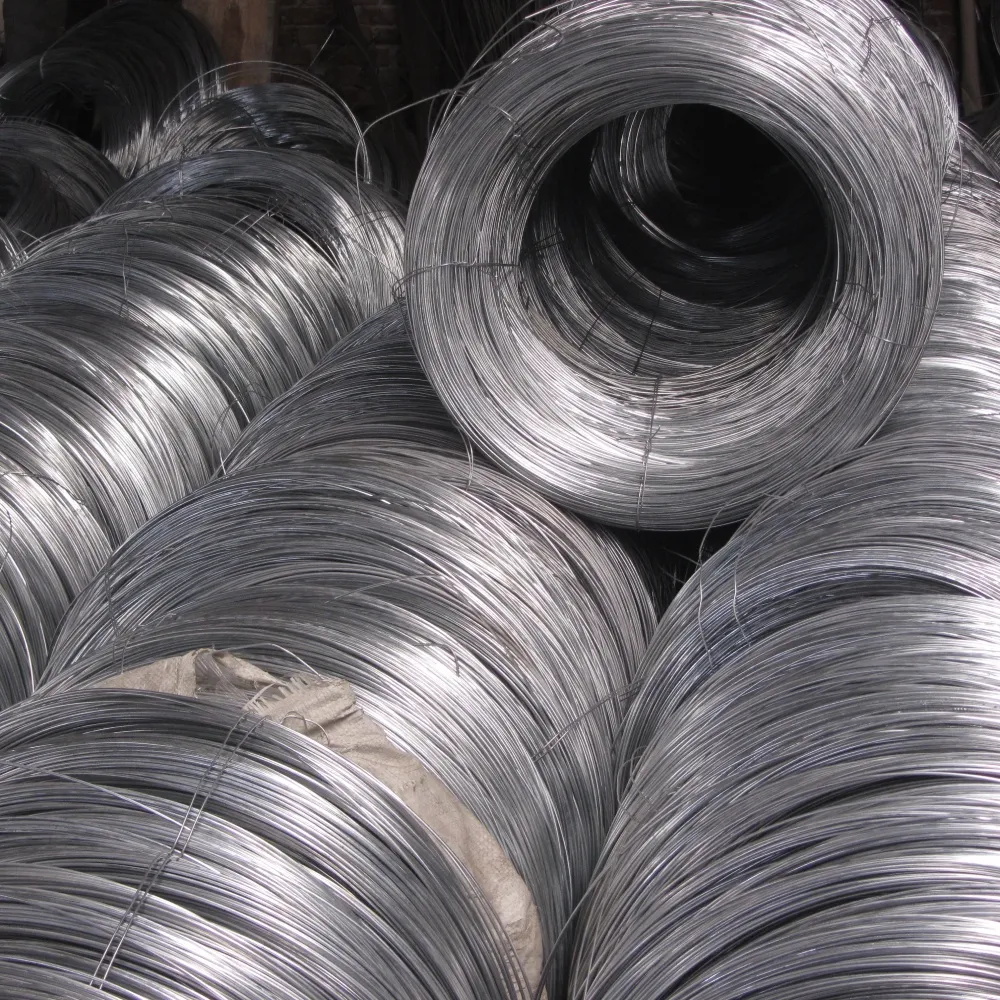Iron wire is widely used in construction, manufacturing, agriculture, and household applications due to its strength, flexibility, and affordability. Whether you're looking for iron wire for sale, searching for a trusted iron wire supplier, or comparing iron wire prices, understanding the different types and uses of iron wire will help you make the right purchase.
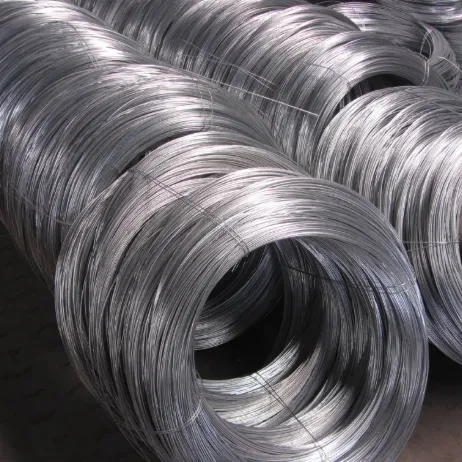
This guide explores the types of iron wire, applications, pricing, and how to choose a reliable supplier.
What Is Iron Wire?
Iron wire is a strong, durable metal wire made from low-carbon or high-carbon iron. It is available in various coatings and finishes to improve corrosion resistance, flexibility, and strength, making it ideal for industrial and household applications.
Key Features of Iron Wire
✔ High Tensile Strength – Can withstand tension and pressure without breaking.
✔ Flexible and Easy to Shape – Ideal for binding, tying, and forming structures.
✔ Rust-Resistant Options – Galvanized and PVC-coated varieties provide durability.
✔ Available in Different Thicknesses – Ranges from fine wires to heavy-duty industrial wires.
✔ Cost-Effective and Versatile – Used across multiple industries and personal projects.
Iron wire can be purchased in rolls, coils, spools, or cut-to-length based on your needs.
Types of Iron Wire for Sale
When looking for iron wire for sale, it’s essential to choose the right type based on your application.
1. Galvanized Iron Wire
Coated with zinc for excellent rust resistance.
Used in fencing, electrical wiring, and construction projects.
Available in electro-galvanized and hot-dip galvanized versions.
2. Black Annealed Iron Wire
Soft and flexible, making it easy to tie and shape.
Commonly used in construction binding, agriculture, and crafts.
Less resistant to corrosion than galvanized wire.
3. PVC-Coated Iron Wire
Covered with a protective PVC layer for enhanced weather resistance.
Available in various colors and thicknesses for fencing and decorative purposes.
4. Stainless Steel Iron Wire
Rust-proof and high-temperature resistant, ideal for extreme environments.
Used in food processing, medical applications, and chemical industries.
Each iron wire type is designed for specific purposes, so selecting the right one is important for long-lasting performance.
Common Uses of Iron Wire
Iron wire is a versatile material used in various industries. Some common applications include:
✔ Construction and Building – Used for binding reinforcement bars (rebar), scaffolding, and fencing.
✔ Agriculture and Farming – Ideal for crop support, vineyard trellises, and animal enclosures.
✔ Manufacturing and Industrial Use – Used in wire mesh production, nails, and cable manufacturing.
✔ Household and DIY Projects – Popular for crafting, hanging decorations, and home repairs.
✔ Automotive and Electrical Industries – Used in wire harnessing and electrical grounding.
When purchasing iron wire for sale, ensure it meets the quality, strength, and corrosion resistance needed for your specific application.
How to Choose a Reliable Iron Wire Supplier
Choosing the right iron wire supplier ensures you receive high-quality materials at the best price. Here’s what to look for:
1. Product Quality and Certifications
Ensure the supplier follows ISO standards and other quality certifications.
Look for uniform wire thickness, smooth surface, and strong tensile strength.
2. Variety of Wire Types
A good iron wire supplier should offer different thicknesses, coatings, and finishes.
Ensure they can provide custom-cut wire or bulk orders for your project.
3. Competitive Pricing
Compare iron wire prices from multiple suppliers to find the best deal.
Look for wholesale discounts if purchasing in bulk.
4. Reliable Shipping and Delivery
Ensure the supplier offers fast and safe delivery options.
If purchasing internationally, confirm they handle customs clearance efficiently.
5. After-Sales Support and Warranty
A reliable supplier should provide customer service, quality guarantees, and return policies.
By selecting a trusted iron wire supplier, you ensure quality, durability, and cost-effectiveness for your project.
Iron Wire Price: What to Expect?
The iron wire price depends on several factors, including wire thickness, coating, and order volume. Below is a general price range:
|
Iron Wire Type
|
Price Range (Per Kg)
|
|
Galvanized Iron Wire
|
$1.00 - $2.50
|
|
Black Annealed Iron Wire
|
$0.80 - $2.00
|
|
PVC-Coated Iron Wire
|
$1.50 - $3.00
|
|
Stainless Steel Iron Wire
|
$2.50 - $5.00
|
Factors Affecting Iron Wire Prices
✔ Wire Thickness – Thicker wires cost more due to higher material usage.
✔ Coating Type – Galvanized and PVC-coated wires are more expensive than plain wire.
✔ Market Demand and Supply – Prices may fluctuate based on material costs.
✔ Bulk Orders – Larger purchases often come with discounts.
Comparing iron wire prices before purchasing helps you find the best deal.
Iron Wire FAQs
Q1: What is the best type of iron wire for construction use?
A1: Black annealed iron wire is preferred for binding in construction, while galvanized iron wire is best for fencing and reinforcement.
Q2: How much does iron wire cost per kilogram?
A2: The iron wire price varies between $0.80 and $5.00 per kg, depending on the type and coating.
Q3: What is the difference between galvanized and black annealed iron wire?
A3: Galvanized iron wire is coated with zinc for rust resistance, while black annealed wire is softer and used for tying and binding.
Q4: Where can I find reliable iron wire suppliers?
A4: Online platforms, wholesale suppliers, and direct manufacturers offer high-quality iron wire for sale with competitive pricing.
Q5: Can iron wire be used for electrical applications?
A5: Yes, iron wire is commonly used in electrical grounding, cable binding, and wire mesh production.



